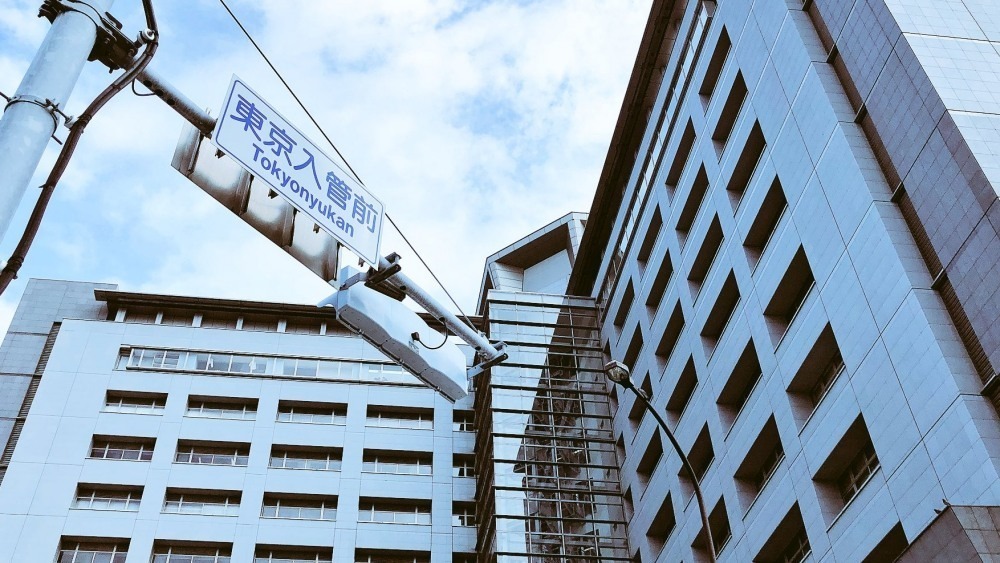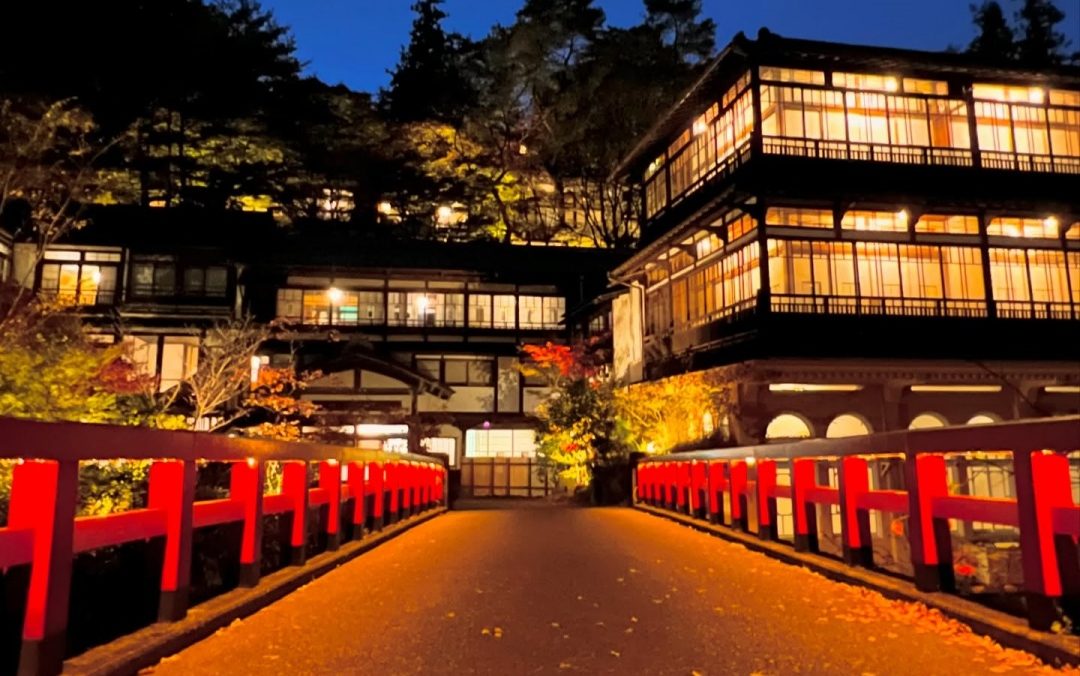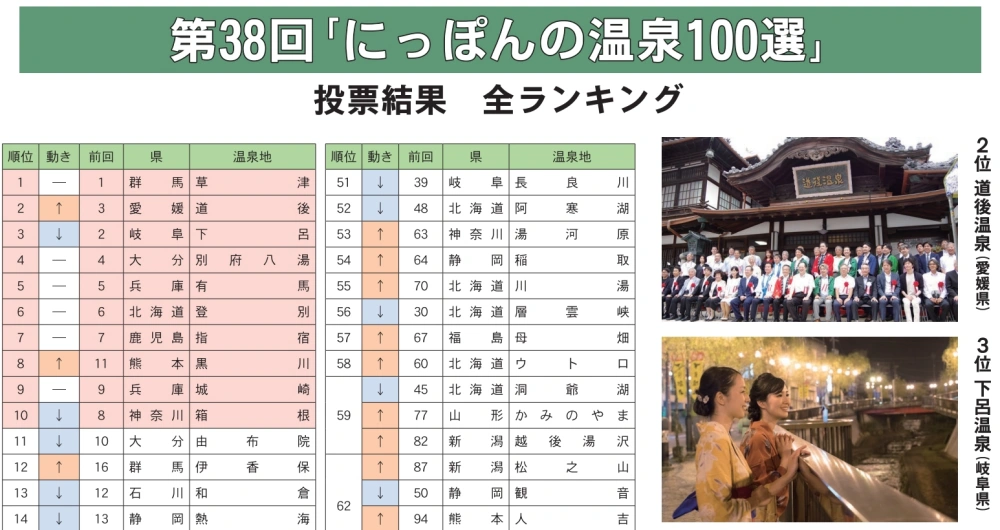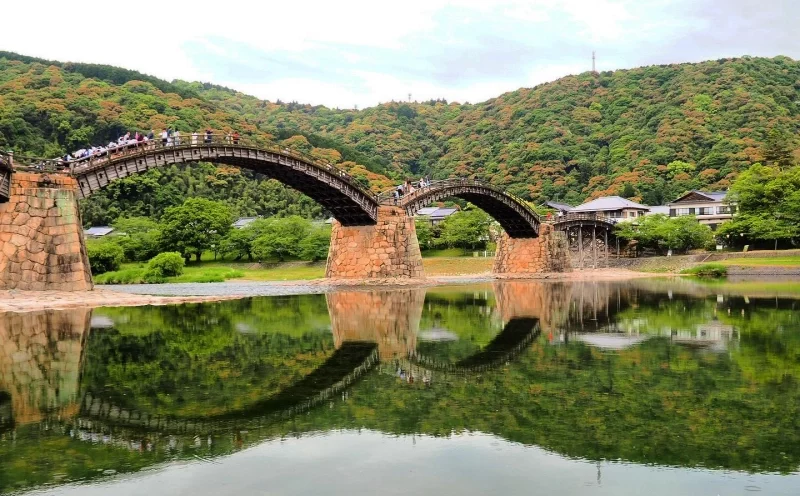Based on the "Japan Revitalization Strategy" revised in June 2014, as decided by the Japanese Cabinet, the "long-term stay system" for wealthy foreigners aimed at tourism purposes has been implemented since June 2015.
This is a tourist visa with a maximum stay of one year (long-term stay visa) (residence status named "Designated Activities No. 40"). The visa targets individuals intending to reside long-term for purposes such as tourism or leisure (No. 40) and their spouses (No. 41).
This system applies to foreigners who meet the following conditions: Applicants entering with a "short-term stay" residence status must be from countries or regions exempt from visa requirements by Japan.
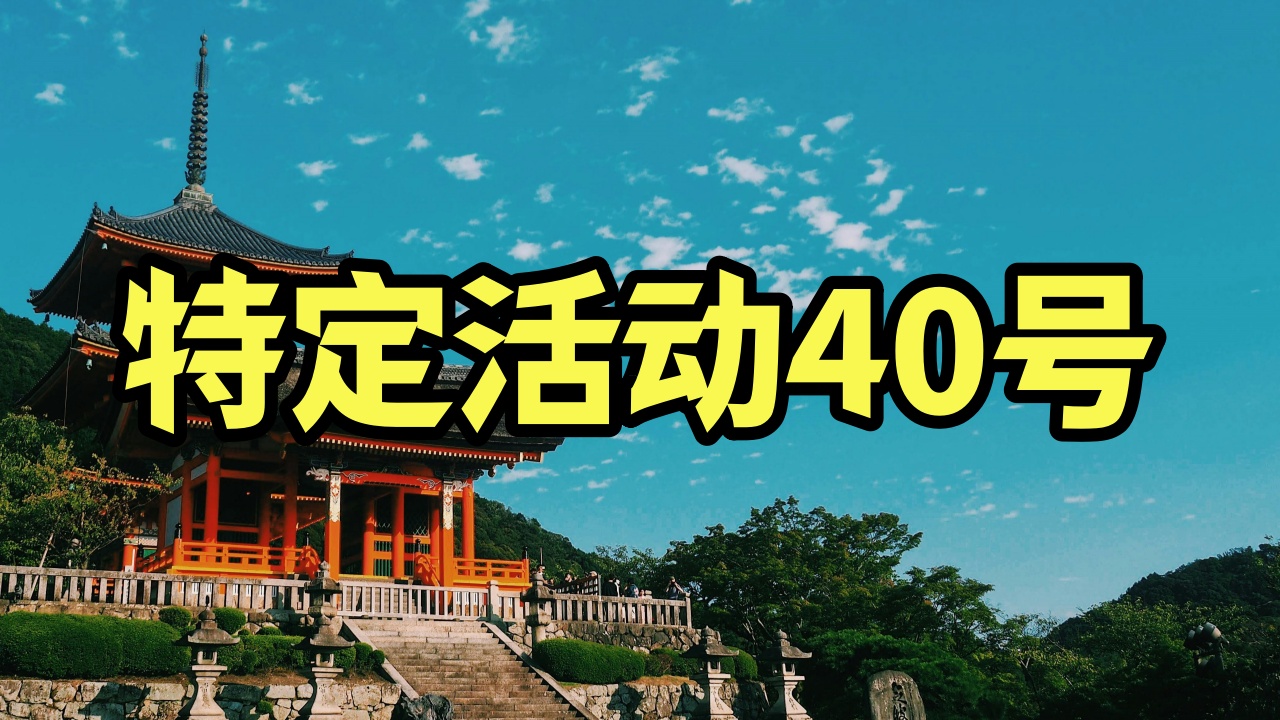
Application Requirements for Designated Activities No. 40 Visa
- Stay for the purpose of tourism or recuperation.
- Age 18 or older. (No age restriction for accompanying spouses)
- Nationality from a visa-exempt country.
- Combined savings of the couple totaling 30 million yen (in yen equivalent) or more.
- However, if both spouses apply for this one-year visa simultaneously, 30 million yen × 2 people, i.e., 60 million yen, is required.
- Bank account transaction records for the past 6 months must be provided.
- Enrollment in private medical insurance.
Notes on Activity Restrictions:
While work is not permitted, according to the opinion of the Immigration Services Agency of Japan, although the premise is tourism or recuperation, visiting relatives during these activities is not strictly prohibited.
In other words, you can stay in Japan long-term, enjoying tourism while also reuniting with relatives.
Additionally, asset screening only considers savings amounts and does not include real estate or other assets.
Application Process for Designated Activities No. 40 Visa
When applying, you can submit your application to a Japanese consulate (embassy) overseas or to the Immigration Services Agency in Japan.
Applying at a Japanese consulate (embassy) overseas allows for immediate submission, which is convenient. However, if the application is rejected, the reason will not be provided, and it is difficult to take measures for reapplication.
If you apply through the Immigration Services Agency in Japan, you must first enter Japan on a short-term stay visa to submit the application. While this is somewhat cumbersome, if the application is rejected, you can learn the reason for the rejection.
Note that you cannot directly change from a short-term stay visa to the "Designated Activities No. 40 Visa", so you must first return to your home country.
An initial 6-month visa will be issued, which can be renewed once, allowing a total stay of up to 1 year.
For renewal, only travel insurance and proof of assets sufficient to cover travel expenses will be reviewed.
Explanation of Nationality Restrictions
Currently, there are restrictions on nationalities eligible to apply for the Designated Activities No. 40 Visa. Western countries are generally visa-exempt, but in Asia, only citizens of the following countries (regions) can apply:
Asia
- Indonesia
- Singapore
- Thailand
- South Korea
- Brunei
- Malaysia
- Taiwan
- Hong Kong
- Macau
Europe
- Iceland
- Ireland
- Andorra
- Italy
- Estonia
- Austria
- Netherlands
- Greece
- United Kingdom
- Croatia
- San Marino
- Switzerland
- Sweden
- Spain
- Slovakia
- Slovenia
- Serbia
- Czech Republic
- Denmark
- Germany
- Norway
- Hungary
- Finland
- France
- Bulgaria
- Belgium
- Poland
- Portugal
- Macedonia
- Malta
- Monaco
- Latvia
- Lithuania
- Liechtenstein
- Romania
- Luxembourg
North and South America
- United States
- Argentina
- Uruguay
- El Salvador
- Canada
- Guatemala
- Costa Rica
- Suriname
- Chile
- Dominican Republic
- Bahamas
- Barbados
- Honduras
- Mexico
- Brazil
Middle East and Africa
- Israel
- Cyprus
- Tunisia
- Turkey
- Mauritius
- Lesotho
Oceania
- Australia
- New Zealand
What Can and Cannot Be Done?
Intended for travel and leisure purposes, so work-related activities are not permitted.
What You Can Do in Japan
- Travel
- Visit acquaintances or loved ones
- Visit relatives
- Participate in meetings and competitions (as an amateur)
- Attend courses at educational institutions
What You Cannot Do in Japan
- Work
- Manage a company
- Part-time jobs (excluding one-time remuneration, etc.)
- Enter Japan for medical purposes (except for minor illnesses like colds during travel)
Reference: https://www.mofa.go.jp/mofaj/ca/fna/page22_002161.html

